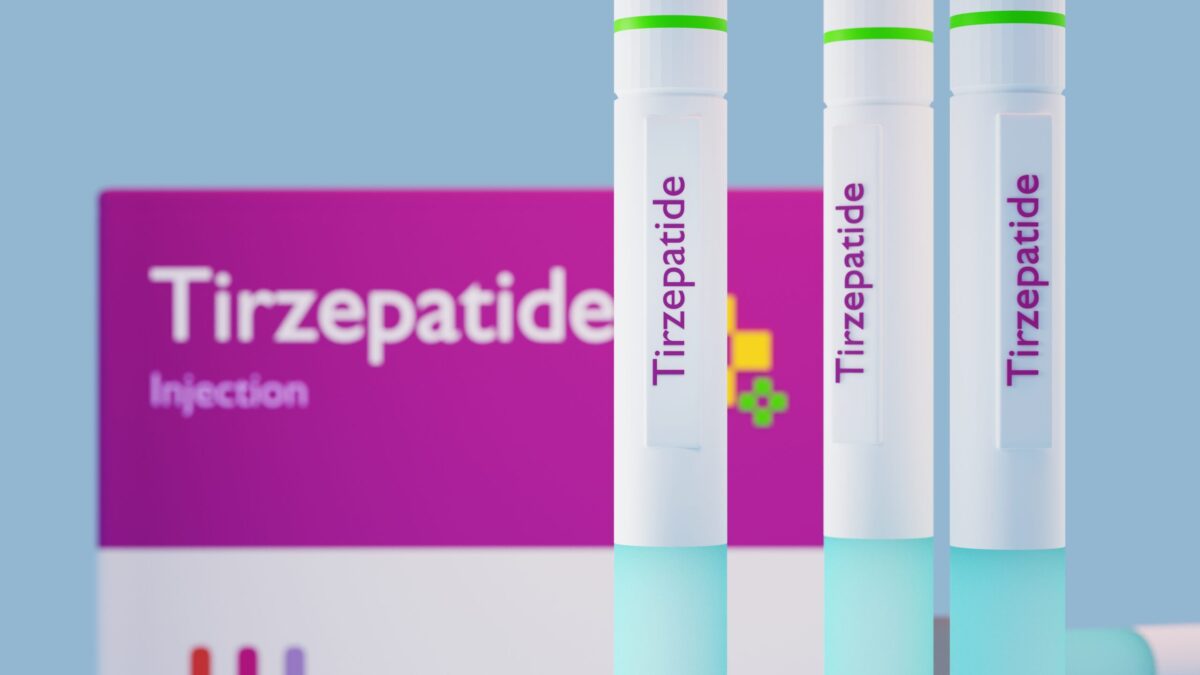Results from a multi-center clinical trial – called Trial Assigning Individualized Options for Treatment (Rx), (TAILORx) – involving over 10,000 women with breast cancer, were published online yesterday in the New England Journal of Medicine. The early results suggest that a group of women with early stage breast cancer, and a 21-gene recurrence score (Oncotype DX Recurrence Score) of 10 or less, who received hormonal therapy – in the absence of chemotherapy – had less than a 1 percent chance that the cancer would relapse, after five years of remission.
The results lend support to the use of hormonal therapy alone, in the treatment of breast cancer in patients with a Recurrence Score that is less than 10. The primary endpoint for the trial was five years of disease-free survival, which 93.8 percent of women with second primary cancers, were able to reach.
Along with publication in the New England Journal of Medicine, the results were also presented at the 2015 European Cancer Congress. The study is funded by the National Cancer Institute (NCI) – part of the National Institutes of Health – and conducted by the Eastern Cooperative Oncology Group and the American College of Radiology Imaging Network (ECOG-ACRIN) Cancer Research Group, with support from Genomic Health, Inc.
This initial study involved 1,626 patients who had a Recurrence Score between 0 and 10. The results showed that 99.3 percent of patients who met guidelines for recommending both chemotherapy and hormonal therapy, showed no recurrence of the cancer at 5 years post-treatment, with hormones. These patient all had estrogen receptor (ER)-positive, node-negative, human epidermal growth factor receptor 2 (HER2)-negative, breast cancer.
Dr. Joseph A. Sparano, vice-chairman of medical oncology at Montefiore Einstein Center for Cancer Care, professor of medicine and of obstetrics, gynecology, women’s health at Albert Einstein College of Medicine, and the study’s lead author, said, “The compelling results seen in this global study provide unequivocal evidence supporting the clinical utility of Oncotype DX to risk-stratify patients with early stage breast cancer, and indicate that the findings are generalizable to everyday clinical practice.”
The positive outcomes were not linked to tumor size, tumor grade, or patient age at diagnosis. The TAILORx study is being conducted across 1,182 sites in the US, Canada, Australia, Ireland, New Zealand and Peru.
“This is the first prospectively conducted clinical trial evaluating this assay—or any multigene expression assay for that matter—in which patients with early stage breast cancer were uniformly treated based on their assay results,” said Sparano. “The findings provide the highest level of evidence supporting expert-derived clinical practice guidelines which have recommended Oncotype DX in patients with early stage ER-positive breast cancer. The risk of developing a second primary cancer was about three-fold greater than having a recurrence of the original breast cancer, but we wouldn’t expect chemotherapy to prevent these cancers from developing. Further follow-up of the trial is ongoing to determine whether chemotherapy may also be effectively spared in patients who have a mid-range Recurrence Score between 11 and 25.”
According to Dr. Steven Shak, chief scientific officer, Genomic Health, “To date, more than 170,000 breast cancer patients have changed their treatment decision based the Oncotype DX test. Many of these women who received high Oncotype DX scores were able to choose chemotherapy as a potentially life-saving treatment, while the majority were able to effectively pursue hormonal therapy alone and avoid the unnecessary side-effects of chemotherapy.
“The rigorous TAILORx trial led by ECOG-ACRIN provides level 1A evidence supporting Oncotype DX as the only multigene expression assay that can identify the tens of thousands of patients each year who can effectively forego chemotherapy,” said Shak.
Though previous studies have shown the benefit of chemotherapy for patients with a high Recurrence Score, the current trial is continuing to study the effect of chemotherapy on patients with a mid-range Recurrence Score.
Sources:
- Team publishes initial data from TAILORx breast cancer trial – http://medicalxpress.com/news/2015-09-team-publishes-tailorx-breast-cancer.html
- Sparano, J., Gray, R., Makower, D., Pritchard, K., Albain, K., Hayes, D., Geyer, C., Dees, E., Perez, E., Olson, J., et al. (2015). Prospective Validation of a 21-Gene Expression Assay in Breast Cancer. New Engl J Med.












Join or login to leave a comment
JOIN LOGIN